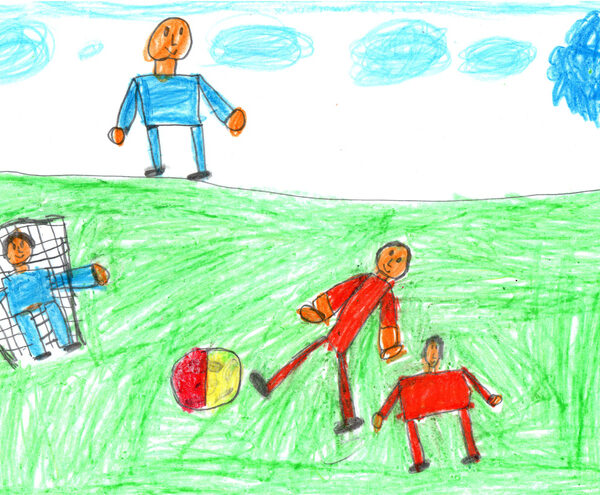New BYU research finds younger siblings are favoured

Parents subtly show favouritism based on birth order, personality and gender, new research from Brigham Young University (BYU) has shown.
Led by School of Family Life Professor Alex Jensen, the study found that younger siblings generally receive more favorable treatment from parents, and that older siblings are often given more autonomy, with parents being less controlling towards them as they grow up.
“It is helpful to take the findings from this study and be aware of the patterns that could be happening in your family,” Professor Jensen said. “When parents are aware, they can make small adjustments that benefit everyone.”
Daughters are favoured slightly more than sons, however only parents tended to recognise that bias, while the children did not. Personality also plays a big role. Children who are agreeable and responsible, regardless of birth order or gender, generally receive more favorable treatment as well.
“Most parents probably connect more easily with one child over another, whether that be due to personality, birth order, gender or other things like shared interests,” the Professor said.
“Watch for those patterns within yourself. Pay attention to how your children react to things that could be perceived as favouritism.”
“Keep an eye out for things that seem unfair. Your children will let you know if they think something is unfair. Pay attention to them when they make that known,” he continued. “Either they are missing perspective and understanding, or you need to make some changes in your parenting. Make sure you are open to the latter.”
The study is published in Psychological Bulletin.
Popular

Quality
Practice
Research
Crayola Creativity Week 2026 launches as research highlights strong link between creativity and confidence
2026-01-06 07:00:35
by Contributed Content

Practice
Quality
Research
The transformative power of affection: How nurturing care shapes early childhood development in Guatemala
2026-01-07 07:00:56
by Fiona Alston

Research
New study finds social dominance preferences emerge in early childhood
2026-01-06 07:30:50
by Fiona Alston














